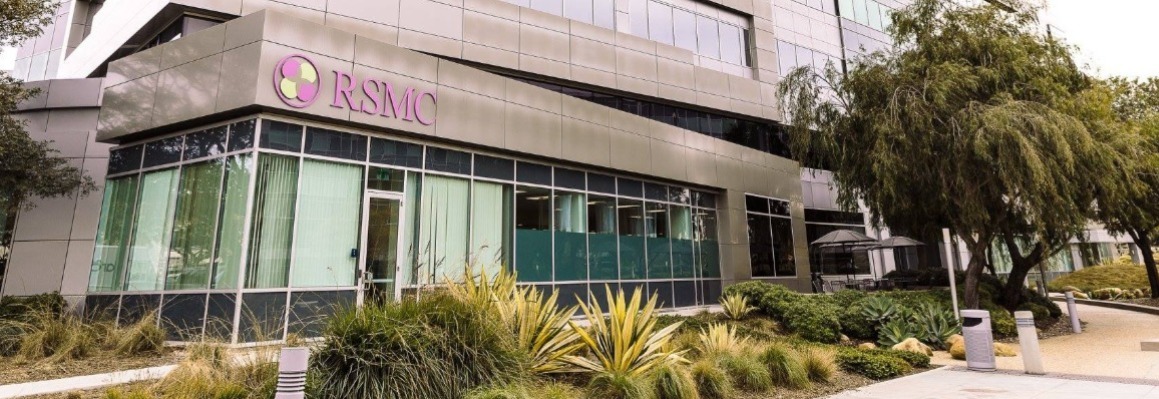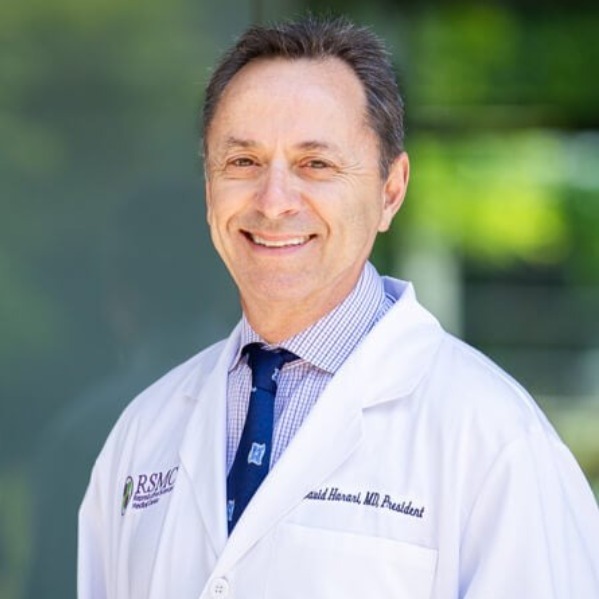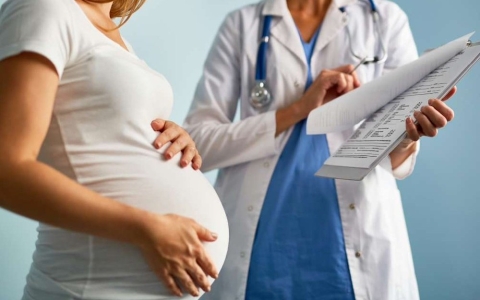How to Optimize Egg Quality for IVF at an Advanced Age?
In modern times, many people are marrying and starting families later, making infertility a significant challenge for many older couples. After the age of 35, a woman’s egg quality gradually declines, making natural conception more difficult and increasing the risk of having an unhealthy baby. If you are considering IVF to address infertility, improving egg quality is a necessary condition before starting the treatment.
To achieve good egg quality, lifestyle changes, a healthy diet, regular exercise, and nutritional supplements are essential. Whether you plan to pursue natural conception, IVF, artificial insemination, or third-party assisted reproduction in the future, high-quality eggs are crucial for increasing your chances of success. The cycle from egg development to ovulation takes about 90 days, and the older the infertility patient, the worse the egg quality tends to be.
In addition to the decline in egg quality, the quantity of eggs also significantly decreases with age. It is recommended that women with fertility plans regularly check their ovarian reserve (AMH levels). Even if you currently do not intend to become pregnant, considering egg freezing can serve as a proactive measure for future fertility preservation.

Supplements for Egg Health
Egg health optimization typically takes about three months, so it’s recommended to supplement daily with specific nutrients during this time. Some supplements may require a doctor’s consultation, as DHEA, for instance, is not suitable for patients with polycystic ovarian syndrome (PCOS). If you’re considering traditional Chinese medicine (TCM) alongside fertility treatments, consult with your reproductive specialist first, as some clinics may not allow the combination of TCM and Western medicine. Here are some beneficial supplements for egg health:
1. Folic Acid: Found in many foods like tuna, beef, lamb, egg yolk, cheese, lettuce, cucumber, spinach, asparagus, broccoli, beans, pumpkin, whole grains, rye, potatoes, bananas, and chestnuts. Folic acid can support embryo development and improve ovulation regularity. After pregnancy, the recommended dosage can be increased.
2. DHEA: Effective for preventing ovarian aging, improving egg quality, and reducing miscarriage rates in older women. Consult a doctor before taking it to determine the right dosage. Women with fibroids, PCOS, or other gynecological issues should seek medical advice first. DHEA should not be taken during pregnancy and should be discontinued once pregnancy is confirmed, switching to folic acid instead.
3. Vitamin D3: While some may confuse it with vitamin D, vitamin D3 specifically aids in enhancing egg quality and ovarian function, supporting follicle development to improve both quantity and quality of eggs. It can be sourced from dairy, beef, oysters, egg yolks, tuna, sardines, salmon, shiitake, and mushrooms, though a direct vitamin D3 supplement may be more convenient for those with limited dietary intake.
4. CoQ10: Known to improve egg quality and ovarian function, CoQ10 can be found in foods like soybeans, olive oil, beef, and walnuts as part of a balanced diet. For a short-term boost before egg retrieval, a daily dose of 600 mg (200 mg per meal) is recommended. Male partners can also benefit from CoQ10 to enhance sperm quality.
5. Inositol: Available from oranges, grapes, cabbage, beef brain, beef heart, corn, wheat, and oats, and works even better when combined with folic acid. Inositol significantly boosts pregnancy and fertilization rates and supports egg maturation. Like DHEA, it should be stopped after conception, with folic acid continuing as a prenatal nutrient.
PGS: A Solution to Chromosomal Abnormalities for Older Women
Preimplantation Genetic Screening (PGS) focuses on genetic screening of all 23 pairs of chromosomes to identify any abnormalities. This ensures that embryos are viable for healthy development and can help prevent genetic disorders linked to chromosomal mutations. The primary advantage of third-generation IVF technology is its ability to screen for genetic defects, allowing parents with hereditary conditions to have healthier babies. PGS has become essential for older women undergoing IVF, as it helps reduce the risk of miscarriage and ensures a healthier pregnancy outcome.
Additionally, many clients express interest in choosing the gender of the embryo, especially after facing long and challenging fertility journeys. In the United States, it’s legally permissible to select the baby’s gender when health conditions allow, while in many Asian countries, gender selection is strictly prohibited by law. PGS in U.S. IVF programs can increase pregnancy success rates to over 80%, reduce the risk of miscarriage, and legally allow gender selection.

RSMC’s Egg Bank: Your Path to Successful Parenthood
If egg health remains a challenge or there are no viable eggs available, RSMC’s own egg bank offers a reliable alternative. With an average pregnancy success rate of over 87% for egg donor IVF, RSMC’s egg donors are carefully chosen from women aged 19 to 29, ensuring optimal fertility potential. RSMC’s lab is CPA-certified, and our medical team brings 20–30 years of clinical experience, offering readily available eggs without the wait. For those considering additional support, third-party surrogacy at RSMC boasts a 90% pregnancy success rate.
In U.S. egg donor IVF programs, intended parents can review adult photos of donors, lifestyle photos, as well as information on height, weight, education, hobbies, direct family health history, and even IQ or academic strengths. Donor fees may vary based on specific characteristics, the number of eggs purchased, or travel expenses for the donor. All procedures are legally documented to protect parental rights, and U.S. IVF laws allow individuals and couples—regardless of sexual orientation or marital status—to participate. Babies born through surrogacy in the U.S. also receive U.S. citizenship, making the United States a highly attractive choice for assisted reproduction.

Dr. David Harari | Director of RSMC San Diego
Dr. David Harari, the esteemed director of RSMC San Diego, earned his medical degree at the Medical College of Georgia. He completed his internship at Georgia Medical School and his residency training at Mercy Medical Center, accumulating over 30 years of clinical experience. Currently, he serves as the President of the San Diego Obstetrics and Gynecology Society, an organization with over 400 specialist members.
Dr. Harari is deeply committed to respecting each patient’s unique preferences and works collaboratively to provide the most professional, personalized treatment plans. He emphasizes open communication and understanding in patient care, freely sharing his extensive medical experience and providing expert guidance to help patients achieve their goals.
Other
-
2024/11/18ivf
What is a Uterine Polyp? Does It Affect Fertility?



